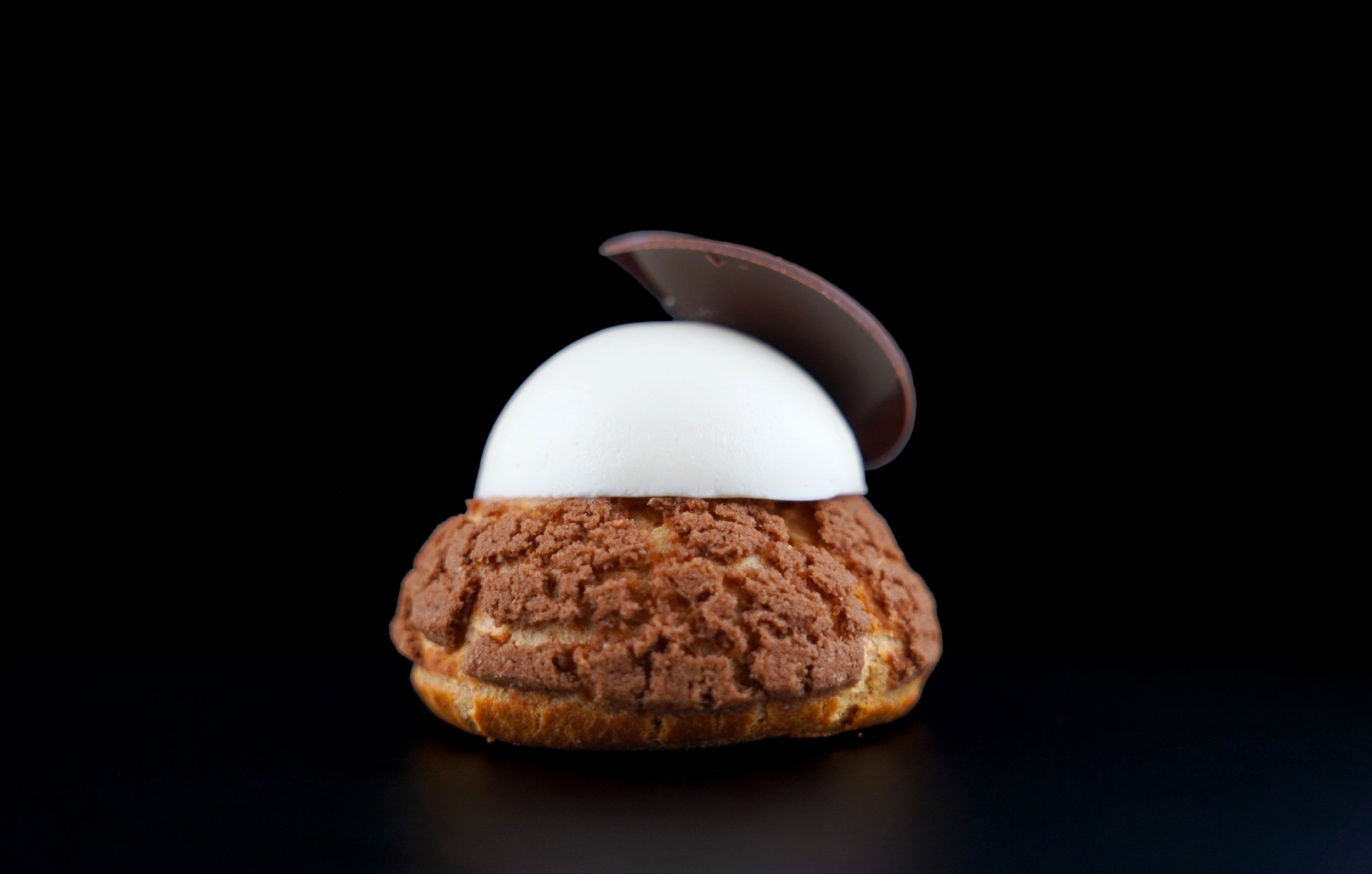
professional pastry

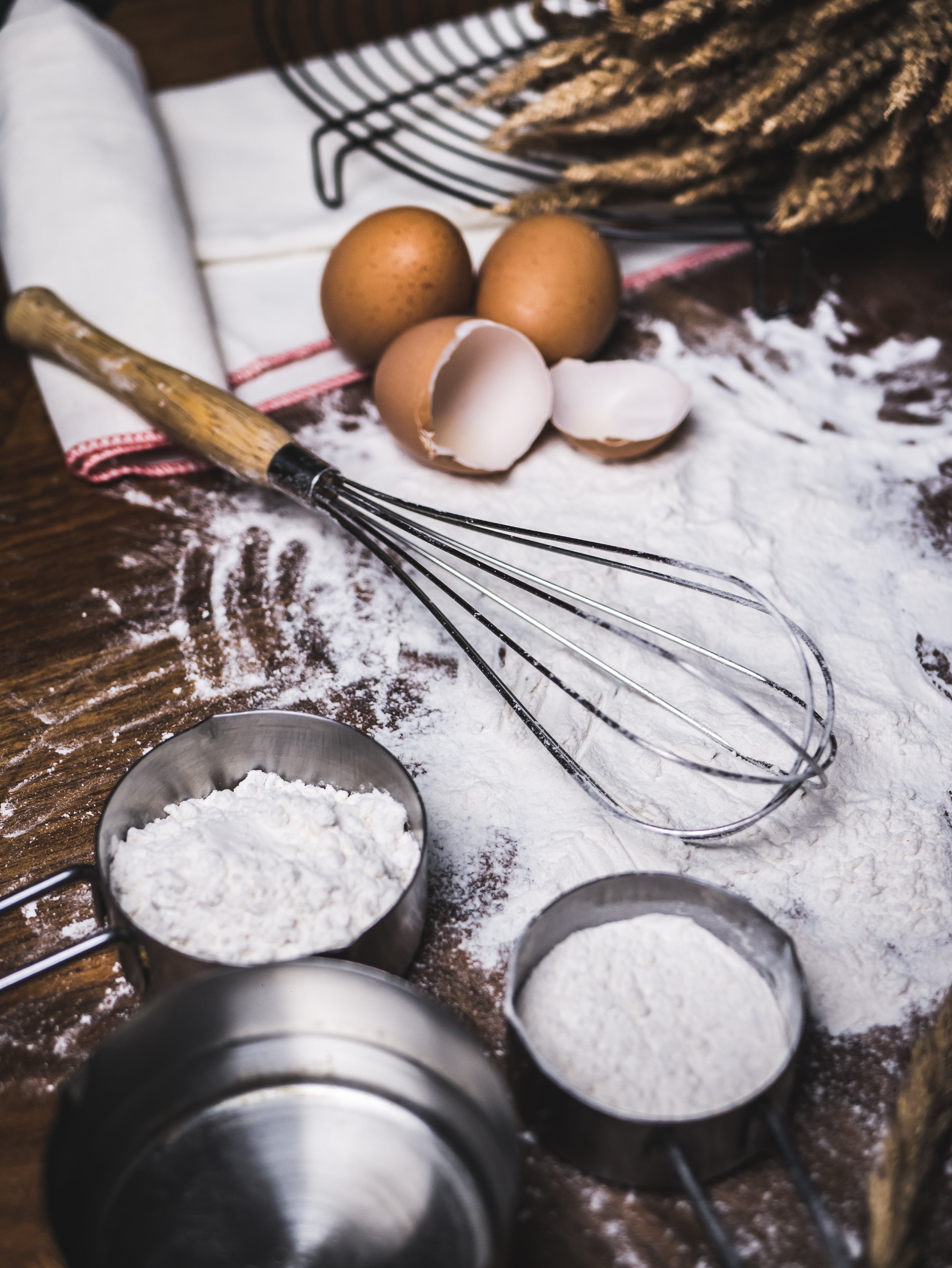
Intense 15 week full-time professional program focusing on precision, science, artistry, classic preparations, and modern interpretations.
Class is Monday to Friday 830am-4pm
Intake Dates
January 12, 2026
September 7, 2026
January 11, 2027
Pastry is Monday to Friday 830am-330pm
Indulge in Creativity
The art and science of pastry require patience, accuracy, and diligence. Though it often asks you to stay inside the boundaries of a tried and true recipe, it also invites personal design, artistry, and creative nuance.
We focus on foundational techniques and in-depth knowledge of the classics. But we also open up to modern interpretations, including plant-based alternatives. More importantly, we create opportunities to put your personal spin where it warrants flavour and architectural possibilities, to explore with unbridled imagination.


our culture
Northwest Culinary Academy is a school that prides itself on promoting a progressive, forward-thinking culture that’s more fitting for the contemporary professional kitchen. Unlike traditional culinary institutions, we’re committed to breaking away from the “yes chef” mentality, fostering an environment of respect towards the craft, the creative process, technical skill, discipline, and most importantly, respect for each other. Come with an open mind so we can focus on your individual learning experience and help you become the best version of you.

curriculum
WHAT IS COVERED, HOW, AND WHY.

The art of baking requires forethought, methodical planning, and attention to detail. Our professional pastry curriculum is designed to build the foundational skills to support creativity. It exposes strengths and, more importantly, the abilities and attributes that need further focus and development. This builds the hand-skills and confidence needed to tackle more complex techniques like tempering chocolate, sugar work, and cake decorating.
We take a module-based approach to cover each topic in-depth, for example - artisanal bread, entremet cakes, laminated doughs. This provides repeated opportunities for our students to gain a strong understanding of each concept through practice and development.
Menu development and practical projects are incorporated throughout the program enabling our students to blend creativity and skill in an environment that encourages structured experimentation. This is vital to each person’s learning process, as it directly applies the knowledge being built through hands-on experience.
If you’ve ever dreamed of exploring the world of pastry and expressing your imagination through baking, our program is for you!
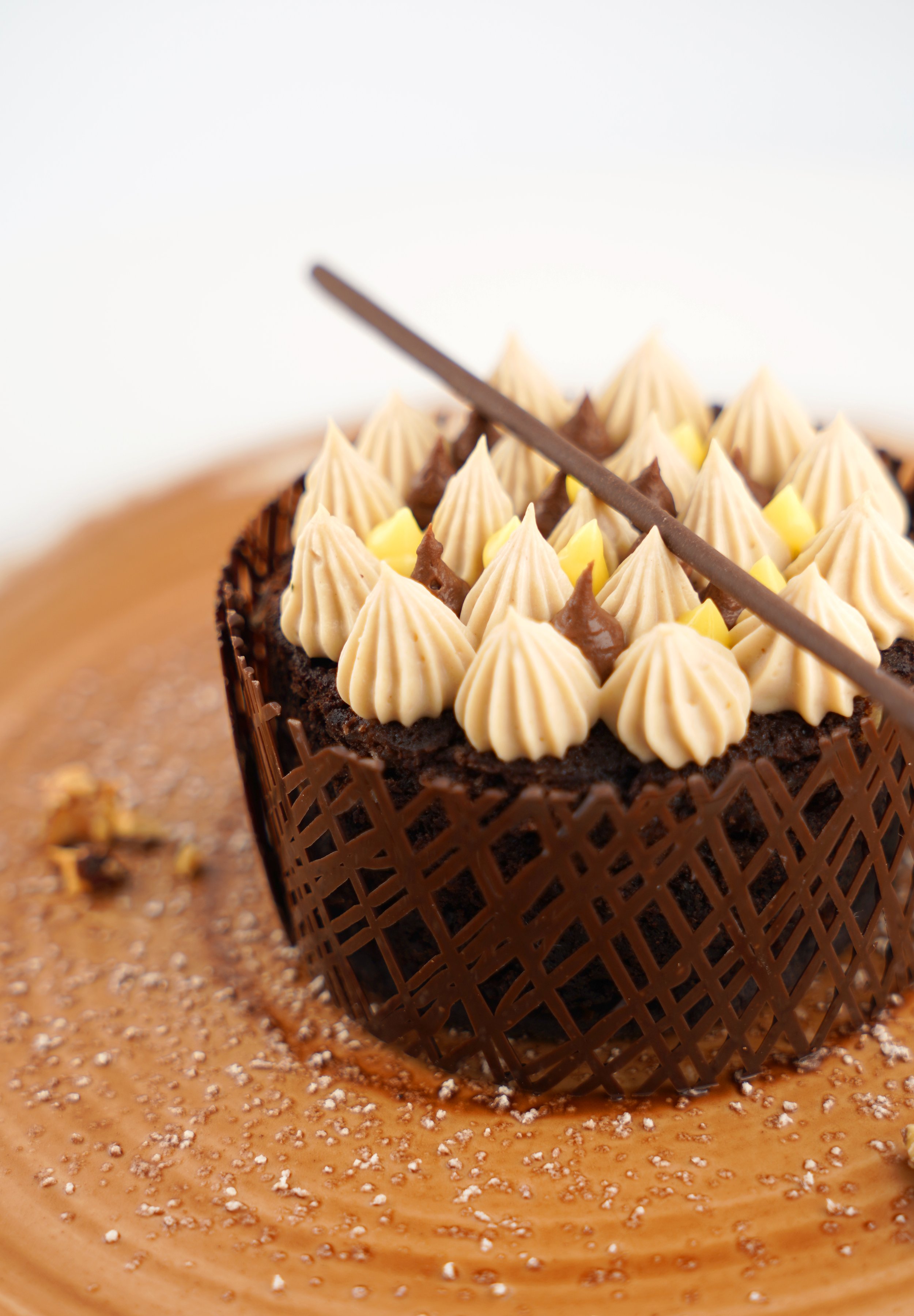
some of what we will cover
Introduction to the Pastry Kitchen
hygiene and food safety
Pies and Tarts
menu design
industry stages
Quick Breads
Cookies
Creams and Custards
Cream Puffs and Eclairs
Cheesecake
Artisan Breads
Sourdough
Gluten Free Breads
Brioche and Challah Breads
Sugar Confections
Science of ingredients
Science of heat
Buttercream Cakes
Souffles
Caramel Confections
Chocolate
Pastries from Around the World
Create your own High Tea Service Midterm
Cakes and Introduction to Cake Decorating
Mousse Cakes
Gluten Free, Vegan and Raw Baking
Frozen Desserts
Preservation Techniques
Food Costing
Puff Pastries, Croissants, Danishes
Molded Chocolates
Rolled Chocolates and Truffles
Allergies and other Dietary Restrictions
Portfolio Development
Entrepreneurship
Plated Desserts
Plated Dessert Service: Students invite guests
a typical day

Before the students arrive, our Instructors arrange a timeline for the day’s lessons and objectives. The doors open to the students at 7:45 am and class begins at 8:30am sharp where we scale the day’s recipes together as a group.
We discuss the planned timeline, focusing on the skills involved in the recipes and dishes being made. Our instructors will then demonstrate specific techniques while discussing the theory with the class. This allows everyone to ask questions and see results in real time.
Following the demo, students will execute the recipe working independently or with a partner. This rhythm repeats 3-4 times throughout the day. This integration of theory, demo and hands-on work allows us to offer more learning through direct experience.
More importantly, it acclimates the students to the pace, intensity, and expectations of a professional kitchen and promotes clear communication, accountability, and the importance of time-management – all vital elements of a professional skillset.
Our pastry class is an island-configured kitchen with open space that promotes clear lines of visibility and communication. This helps our instructors to coach students more effectively as they work.
*Note*
If you’re in Vancouver, we highly encourage you to schedule a visit to our pastry kitchen. It would be an excellent opportunity to observe a class in session, get a sense of our kitchen space, and see what we’re all about.

Midterm
High Tea Service

For our midterm practical, our students create and serve their own elegant high tea experience. This challenges each individual to showcase their artistic and organizational skills as they curate a menu of delightful French macarons, scones, cream puffs, and much more.
The exercise spans 4 days, with 2 practice days and 2 final production ‘exam’ days. This provides structure and time for each person’s creative process as they take their ideas through conceptualization, experimentation, and refinement. The results are a polished final product that each student shares with their guests for a truly unique experience.
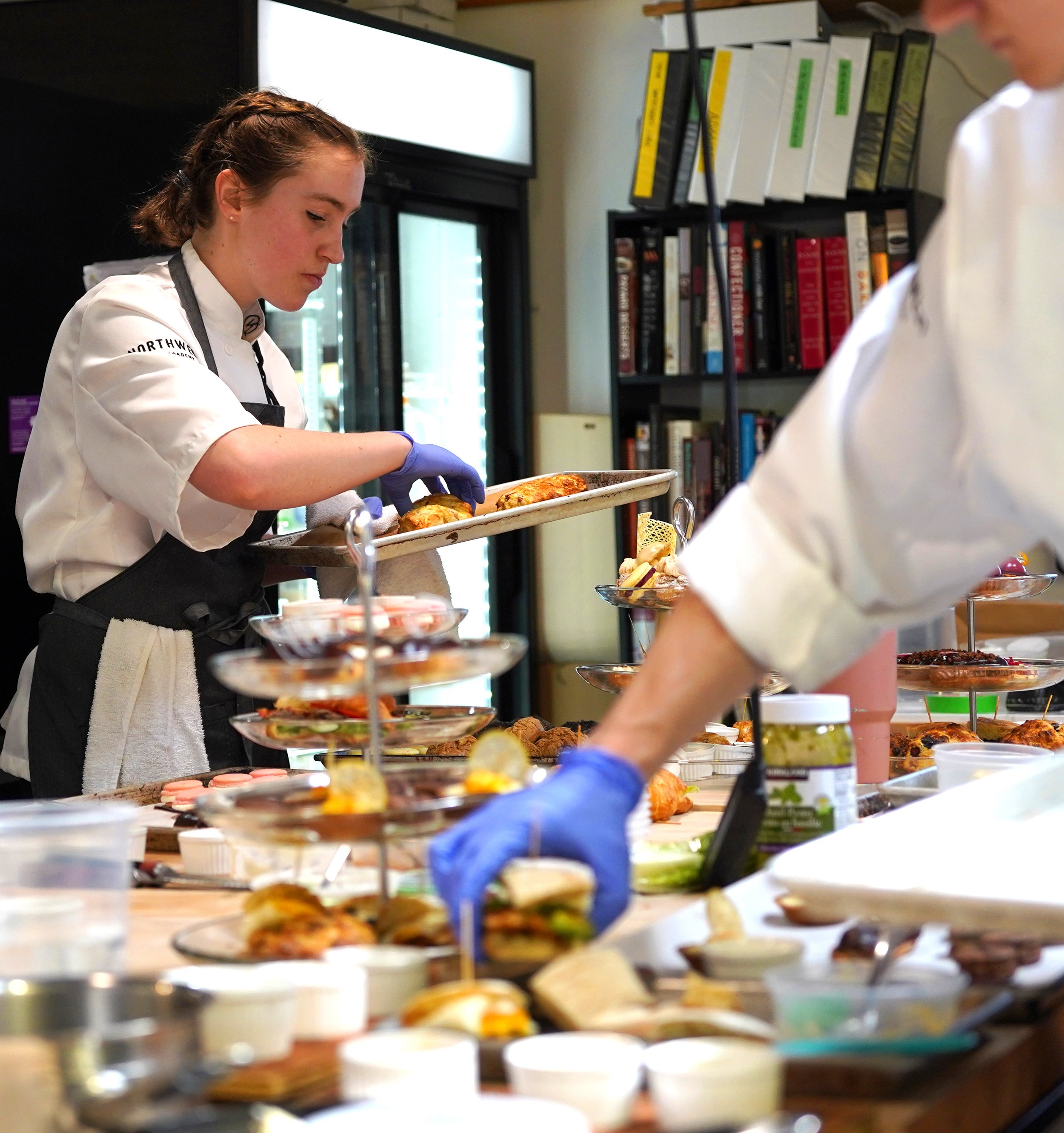
final service
Dessert Tasting Menu

In our pastry program’s final practical, each student designs and serves their own 6-course tasting menu. This builds on the learned experience of our midterm while adding in elements of menu flow, dish aesthetics, and texture and flavour balance.
This exam requires students to create refined plated desserts, artisanal bread, hand-crafted chocolate, and more. It is the height of our professional course, giving the class the opportunity to share everything they’ve learned with family and friends.

our space
Not all Culinary Schools Come From the Same Recipes Book

Our kitchens are warm, inviting spaces, a departure from the fluorescent lights and maroon quarry tiles of a typical industrial setting. Theory and practical go hand-in-hand so everything is done in the kitchen. Part art studio and workshop, part classroom, all craft.
10 reason to choose
CHEF-OWNED. This means teachers with more skin in the game, who are committed to their students and their workplace beyond a teacher’s contract. It also means learning your instructors’ commitment to leadership and smart operational-business practices. Learning from chef-instructors is one thing: learning from chef-owners is another.
STUDENT-DRIVEN. We screen, first and foremost, for smart learners. And by communicating with them as adults, we evolve our school collaboratively. It is what the best teachers, chefs, and owners do: they listen.
8:1 STUDENT-TEACHER RATIO. There are always three instructors on the floor. And on key days (the first week of class, menu developments, mid-term, and final practicals) all the instructors are available for coaching. In effect, that means on the most important days students will have a 8:1 ratio.
REALISTIC TUITION. Some ask why our tuition is lower than most private culinary schools. The real question is why are they so expensive? As a chef-owned school, we obviously have a different business model. All but one of us work in the classroom for your tuition money. We don't have a massive administration. And that means you get much more attention and quality ingredients for your education money.
CREATIVITY-FOCUSED. Some schools abide by the “do it the chef’s way or highway” philosophy, limiting creativity and spontaneity. All schools will teach you techniques, and indeed techniques are vital. But chefs are born to think beyond rules and formulas. They bend them using their own senses and ideas. We discovered that students apply techniques with greater focus, motivation, and craft when we put them in more creative situations. It is a challenging teaching method, but it pushes the mind, hands, and confidence much further along.

KITCHEN DESIGN. Our island-configured kitchens allow for greater collaboration and more seamless choreography between theory and practice. And though you share a 6-burner range and double sink with two other partners, you perform the majority of your daily practical tasks individually. This is unheard of for culinary schools. It means more accountability, better assessment from your instructors, and a faster path to competence and, most importantly, confidence. The working space feels more like an atelier or studio rather than an industrial environment, which promotes artisanship, focus, and behaviour.
CONDENSED PROGRAMS. Every day is purposed to maximize learning and performance. We achieve more in a day than traditional schools because of a simple strategy: treat learners as mature adults capable of bringing a lot to the table. On the very first day we collaboratively discuss and establish our expectations for each other, set some common-sense ground rules we both agree on, roll up our sleeves, and get to work. Welcome to a profession where every second counts!
UNIQUE HISTORY. In 2004, Northwest was built by experienced chef-instructors who had a vision for a model of culinary education that did not yet exist. A defunct metal fabrication shop on the eclectic Main Street was gutted and every square inch strategized with chalk lines, viewed through the eyes of the learner. Northwest quickly attracted the attention of a new type of student...one that was mature, educated, well-travelled, and, for the most part, shifting careers. And we quickly achieved positive attention and success. Nothing complicated about it really: leave ego, big chef hats, and old-school practices at the door and concentrate on craft, ingredients, creativity, integrity, and recognize that a school is only as good as its learners. That includes us!
INNOVATIVE. Our teaching approach reflects a shift away from hierarchal and antiquated ego-driven kitchens. Each term we start over and look at learners, our teaching methods, and ingredients with a new lens. This attitude encourages the discovery of new and better ideas and attitudes, which best describes tomorrow’s influential chefs. It also best describes great teaching!
LOCATION. Our region is known for its enthusiasm for great ingredients, and this is what continues to define Vancouver as an eclectic food destination city. We chose to build Northwest on Main Street, the most artisanal business strip in the city, surrounded by independent one-of-kind cafés, breweries, restaurants, grocery stores, and some of the city’s more visionary, non-corporate businesses fostering community values. After more than 15 years, we have seen these unique enterprises grow up around us in this very student-friendly residential neighbourhood which is centrally located and very accessible by transit from all directions, with plenty of nearby free street parking.
intake dates
Intake Dates
January 12, 2026
September 7, 2026
January 11, 2027
Pastry is Monday to Friday 830am-330pm
apply below
Clicking one of the buttons below will take you to a PDF which can be filled out and submitted to info@nwcav.com

TUITION
CDN $13,950.00
ADDITIONAL FEES
Application Fees: CDN $100
Uniform: CDN $448
Toolkit: CDN $970
(students can either buy their toolkit from the school or furnish it themselves)

TUITION
CDN $13,950.00
ADDITIONAL FEES
Application Fees: CDN $150
Uniform: CDN $448
Toolkit: CDN $970
(students can either buy their toolkit from the school or furnish it themselves)

TUITION
CDN $15,950.00
ADDITIONAL FEES
Application Fees: CDN $150
Uniform: CDN $448
Toolkit: CDN $970
(students can either buy their toolkit from the school or furnish it themselves)
This program has been approved by the Private Training Institutions Regulatory Unit (PTIRU) of the Ministry of Post-Secondary Education and Future Skills.Graduates of this program are not eligible for a post graduate work permit.FAQ
Professional Pastry
-
First and foremost, we look for smart, diligent learners. The majority of our students have some form of post-secondary education and a penchant for learning and research, are intellectually disciplined, come to class mentally ready, take good notes, and are prepared to undertake theory work on their own time. That said, post-secondary education is not a requirement. But being a mature,
focused, and keen learner certainly is. We also look for a solid work ethic. This is a demanding field and we expect you to be self-disciplined and focused for long periods of time. We take attendance seriously (please read application)…just as our industry colleagues do. Missing a day in a professional kitchen puts you and your team at a distinct disadvantage. It’s no different here. And perhaps just as important, we look for mature, considerate human beings. Everyone is different, coming from various backgrounds and experience levels. We will not tolerate harassment of any kind and such actions will be dealt with quickly and severely. Remember, not every day will be perfect. Sometimes you’ll need to dust yourself off and start again. But we try to foster an environment that embodies the virtues of patience and mindful communication, something this industry can use more of. We’re not a “Yes Chef!” school. We earn respect. We don’t demand it.
-
No, we are a school after all, not a restaurant. We cater to career changers as well
as those working currently in the industry looking to up their game. We can do a
lot with your obvious passion for food, but we do expect you to fully understand
and appreciate the intensity and work ethic of this profession. If you do have
industry experience, that’s great, but we do expect you to clean your slate and
learn with a completely open mind.
-
Foremost, we are committed to the most important part of your education: our attention and support. Our low student-teacher ratio affords that. Being owners as well, it affords us the opportunity to go the extra mile, and this is what separates us from any school model. We don’t just punch a clock. We talk to you as an adult and peer, never down to you. This allows us to best support you through your inevitable challenges. Some other chef-instructors emphasize the “chef” in their title. We emphasize the “instructor” in ours. Finally, Northwest is a student-driven school. We elicit your feedback and use the information to stay ahead of the curve. It’s a practice many smart chefs are adopting in their industry kitchens to maximize intellectual and creative output. It’s also what smart businesses do.
-
Average student age = 26.5
% of international students = 25%
% of students with some post-secondary education = 75%
% of career changers = 65%
% of curriculum that changes term to term = 10%
% of attrition = 4% historically (usually due to personal reasons)
% of students who successfully graduate = 95%
% who find work in the industry = this industry is always looking for quality cooks. And our grads are always sought after.
% who still work in the industry years after graduation = this is a legitimate question. But as this is an industry that provides plenty of opportunity but does not do a great job sustaining its own people, it is often very specific to the individual. This is why we encourage our students to take an entrepreneurial approach to their career, and this has proven to be effective in encouraging our grads to take advantage of their first few years in the industry and always plan for “owning” their craft one day. The other thing to consider is how to define “the industry”. We have had students who work as farmers, in education, health and nutrition, in wineries, bed and breakfasts, as well as those who have run their own successful food photography/social media businesses. To us, the industry of food is changing – even though it may not fit under a “traditional” model.
-
Firstly, our kitchen design allows us to get more performed in a day than most schools, and we put more instructor bodies on the floor to achieve this. Second, we put our students to work on Day 1 and treat them as highly-focused mature adults – not “kids” – who can absorb and achieve at an intensive pace. The reality is that this profession IS intensive, requiring the ability to absorb, adjust, and integrate quickly. In other words, we reflect this intensity, which is why focus, attendance, and commitment to your education is vital to your success moving forward.
-
Unfortunately, not our Pastry program. If a student wishes to do the Commercial Baking Red Seal, we can recommend some local businesses that would be able to sponsor a student.
-
Simple. Our industry colleagues and grads do. Why pay full tuition to work for us? To be honest you can and ought to be learning in real industry surroundings from our industry partners. We connect our students in various professional kitchens for after-class work observations (on a volunteer basis). This begins your networking, your understanding of various styles of industry kitchens, and these observations count towards Red Seal hours. We do, however, convert our schoolvinto a “restaurant” setting for the practical final exams, where students createvand serve a 12-course tasting menu (YES, 12!) served to their guests and our colleagues.
-
A lot of our produce is organic and we source local whenever possible, and often purchase the old-fashioned way: by shopping ourselves. However, it is important to recognize that with the impact of inflation and the fact we have frozen tuition increases since 2019, we have to be conscious of the cost of ingredients. We also apply a strict total utilization and waste management program to maximize our privilege with these ingredients. Any food leftover from our daily practice is used in house for our other programming or donated to our neighbours in Mount Pleasant.
-
Yes, but due to the intensive nature of the program we HIGHLY recommend no more than 20 hours per week, or depending on our assessment of your application, potentially none at all. Leaving learning behind makes no sense to your educational investment. The last thing we want is for you to express regret years later, because you lost some of your experience due to working too much.
-
We are very centrally located in a residential area (known as Mount Pleasant) where many students and grads live. We are also very easily accessible from any point in the city. For those coming out of town, we recommend finding an apartment to live nearby the school. Keep in mind Vancouver is considered an. expensive city for rent so, depending on the time of year, this could impact where you live.
-
Northwest Culinary Academy of Vancouver is a designated institution, certified by the Private Training Institutions Branch.
-
Let’s be honest. The real answer is no, thus why we developed plant-based Bootcamps. Though we do tackle more plant-based options than in the past, it has proven too difficult to adapt the whole curriculum to a vegan diet. Other than specific allergies (nuts, gluten, etc.) and religious dietary needs (no pork or beef), we can make substitutions in most cases, but not all (i.e., substituting wheat flour, butter, dairy in the Pastry/Bread program). Please contact us to speak with a chef-instructor to help you decide.
-
Yes, if you are committed to the whole learning process, including writing and performing the practical exams. Some of our best students have been people who have always wanted to learn how to cook at the highest level and bring to class the best learner they can be. To be clear, we value great learners who appreciate a highly impactful education.
-
No, our programs do not qualify students to receive a post graduate work permit upon graduation.
-
IELTS score of 5.5 or higher, 2 years of full time post secondary education in English, graduation from a Language school in Canada or English certificate from a third party regulator




